Idaho Fake ID
The prevalence of fake IDs in Idaho and their legal consequences
Creating and using fake IDs is a common phenomenon among many young people in the United States, especially in states such as Idaho that strictly enforce the legal drinking age and other age restrictions. Although there are many motivations that drive people to obtain these documents, such as entering nightclubs, purchasing alcohol, or participating in other adult-only activities, it is inevitable that this behavior has serious legal consequences and long-term life effects.
First, let's understand what a fake ID is. A fake ID is any document that is used to prove identity that has been modified, imitated, or completely forged. In the United States, these usually refer to driver's licenses or national identification cards, which may be tampered with or completely created from scratch. Advances in technology have made fake IDs more advanced and difficult to identify, but so have the detection technologies used by law enforcement.
In Idaho, using or possessing a forged ID is illegal and can result in a variety of legal consequences. Under Idaho law, offenders caught with a forged ID for the first time may face a misdemeanor charge, a fine of up to $1,000, and a possible sentence of up to six months in prison. If there are more violations on record, the consequences are more severe.
In addition, students may face disciplinary action from the school, including but not limited to warnings, suspensions, or expulsions. These records may have long-term effects on students' academic and professional lives, and a record of such dishonest behavior may become a negative factor when applying for college and employment.
Idaho also criminalizes the production and distribution of fake IDs, which are considered more serious crimes. Business operations involving counterfeit IDs generally face more severe criminal penalties, including felony charges, possible long prison terms, and high fines.
In addition to legal consequences, the use of fake IDs may also bring personal moral and social risks. Individuals who frequently use fake IDs may develop a reputation for dishonesty in their social circles, which may affect interpersonal relationships and social trust. Over the long term, this behavior may become habitual, leading to more serious integrity issues.
Let's explore why the use of fake IDs is still prevalent among certain groups despite the serious consequences. On the one hand, adolescents and young adults may choose to use fake IDs because they want to obtain adult rights and freedoms, such as drinking and purchasing adult products. On the other hand, strict laws and social norms may make some young people feel excluded, thus tempting them to try to integrate into adult society through illegal means.
There are several possible solutions to this problem. Communities and schools can increase education about the legal consequences to help young people understand the seriousness of using fake IDs. At the same time, more legal channels can be provided to enable young people to participate in adult activities without breaking the law. In addition, the role of parents and guardians cannot be ignored. They should help young people establish correct values and self-awareness through dialogue and guidance.
Finally, for law enforcement departments, in addition to strict law enforcement, social publicity and education activities can also be used to increase public awareness of the consequences of using fake IDs, thereby reducing the occurrence of this behavior.
In short, fake IDs are a complex social issue in Idaho, involving multiple levels of law, morality, family and society. Through a combination of laws, education and community participation, the use of fake IDs can be effectively reduced and a healthier and more upright social environment can be promoted.
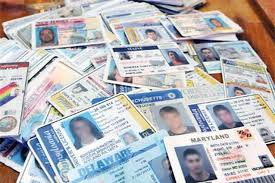 scannable Fake Missouri DL
scannable Fake Missouri DL
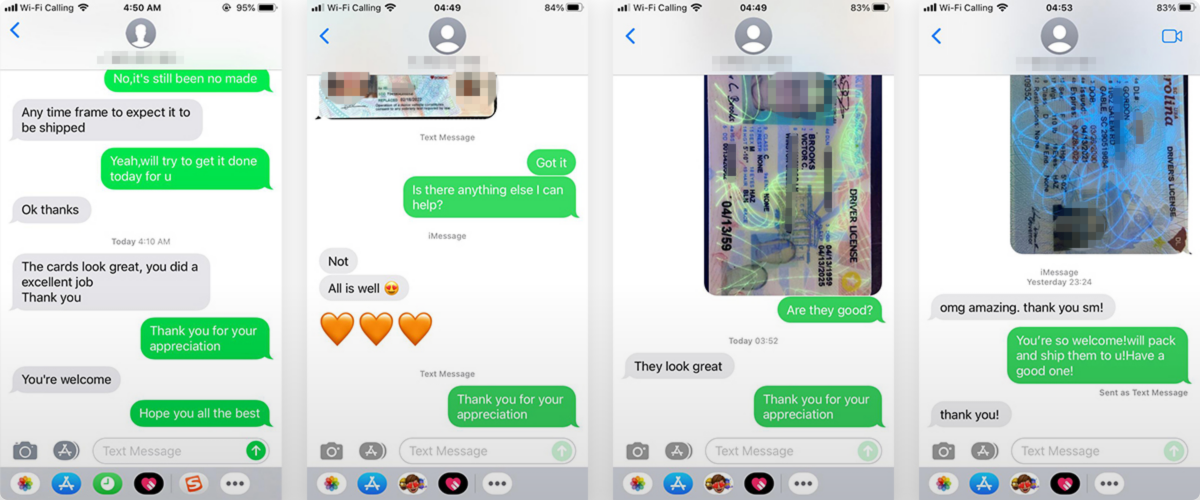 scannable Fake RhodeIsland DL
scannable Fake RhodeIsland DL
 scannable Fake Ohio DL
scannable Fake Ohio DL
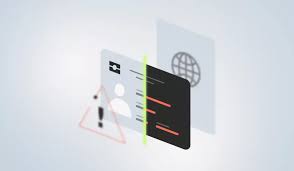 scannable Fake New York DL
scannable Fake New York DL
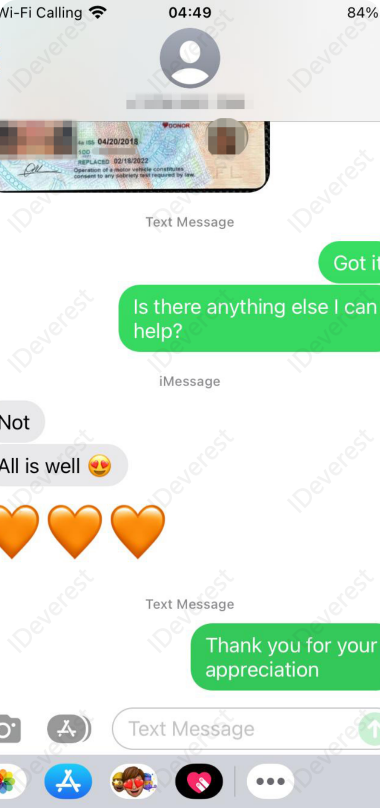 scannable Fake Pennsylvania DL
scannable Fake Pennsylvania DL
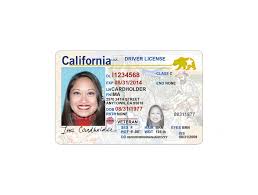 scannable Fake NorthCarolina D
scannable Fake NorthCarolina D
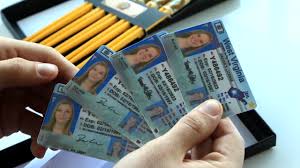 scannable Fake MississippiDL
scannable Fake MississippiDL
 scannable Fake Minnesota DL
scannable Fake Minnesota DL
